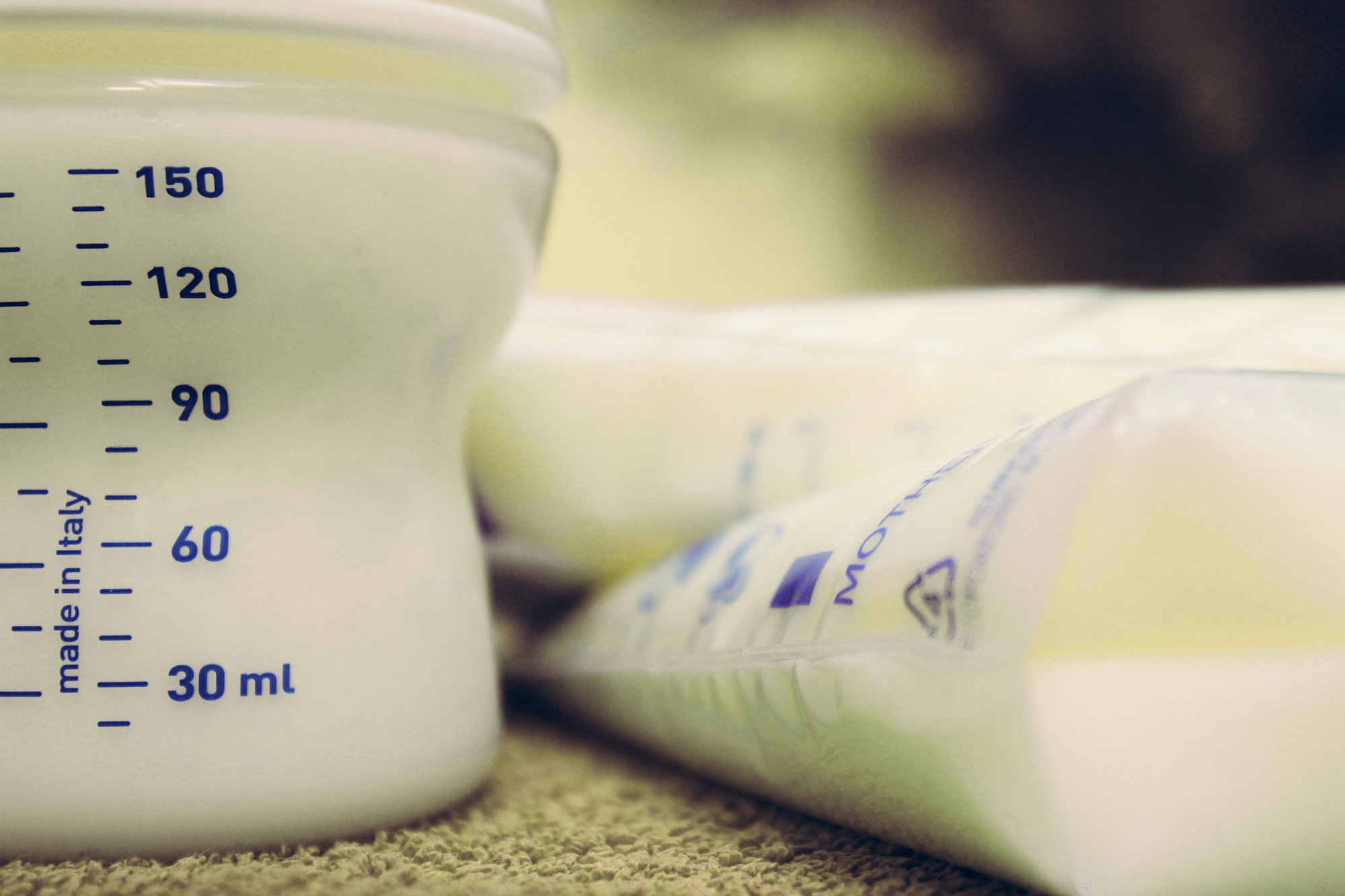
Last month, doctors at Geisinger Medical Center in Danville, Pennsylvania, were baffled when eight babies in the NICU suddenly showed signs of a serious bacterial infection. Although five of the babies were able to be treated, three would eventually die, sparking a weeks-long internal investigation with the state health department. Infection control experts have finally released the cause: Equipment the hospital was using to measure donor breast milk had somehow been tainted with bacteria that was passed on to the babies.
According to a hospital spokesperson, the milk itself was not the source, but the equipment had been tainted with Pseudomonas bacterium.
Once learning the cause, hospital officials immediately took steps to rectify the situation moving forward, switching to single-use equipment to prevent any further contamination.
"We have had no new cases of infants becoming ill from Pseudomonas in the NICU since making this change," Dr. Edward Hartle, Geisinger's executive vice president and chief medical officer, said in a statement obtained by CBS News.
Still, the case has sent shockwaves throughout the community and has (understandably) panicked new parents.
The spokesperson shared that some premature babies and expectant mothers have been transferred to other facilities for now, as the new process is put in place.
"We would like to extend our sincere apologies to the families who have been affected by this incident," Hartle noted. "We know that the public holds us to the highest standards, and we will continue to strive to live up to those expectations as we have throughout our history, constantly improving on what we do and how we do it."
Although cases like these are extremely rare, a 2013 study found that donor milk bought and sold online has been found to be tainted.
The study, which was published in the journal Pediatrics, found that breast milk bought from two popular websites was "often contaminated with high levels of bacteria, including, in a few instances, salmonella," the New York Times reported. And what's worse, "the amounts detected in some samples were sufficient to sicken a child," the newspaper noted.
The report ultimately confirmed concerns many health professionals have had over the years as the donor milk industry has grown online, without much regulation. But the fact that contamination could occur in a hospital — particularly in the NICU ward where the most medically vulnerable babies are kept — is quite alarming.
Hartle reiterated Friday that the hospital's donor milk is safe and that breast milk is the best possible food source for infants, especially premature ones.
"Pseudomonas bacteria is present throughout the environment, and only presents a health risk in extremely fragile patients," Hartle said, according to ABC News.
While speaking at a press conference on Friday, Dr. Frank Maffei, the hospital's chairman of pediatrics, added that the deaths "may have been a result of the infection complicating an already vulnerable state."
For the parents of the babies who were lost, however, that explanation simply isn't enough.
CBS News reported that one of the families already has filed a lawsuit against the hospital, though it's not yet clear if the parents of the other two babies will follow suit.
"A key aspect is to determine whether this was an ongoing problem there," the family's lawyer, Matt Casey, told the Associated Press last week. "We now have additional work to determine whether these infection control procedures were deficient for a period of time longer than Geisinger's statement suggests."




